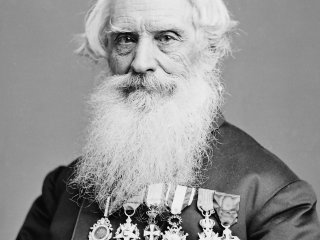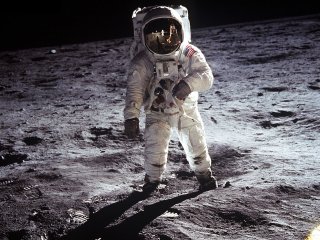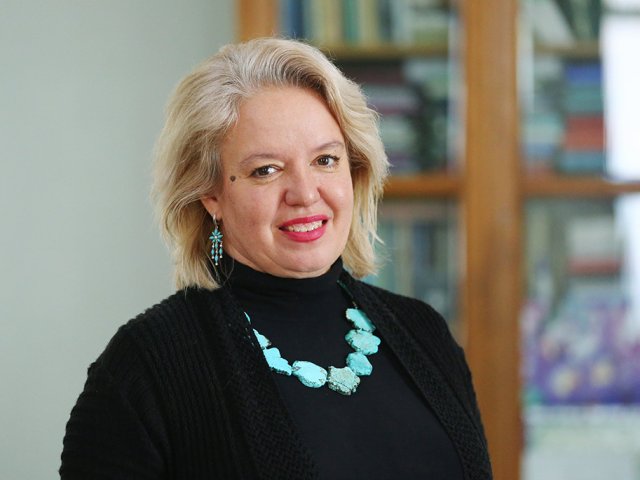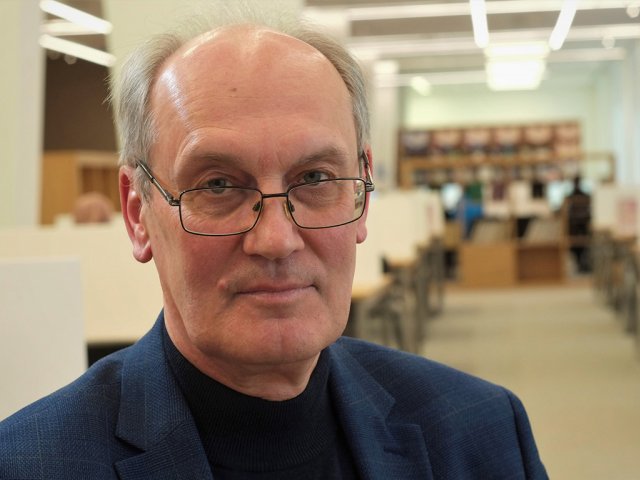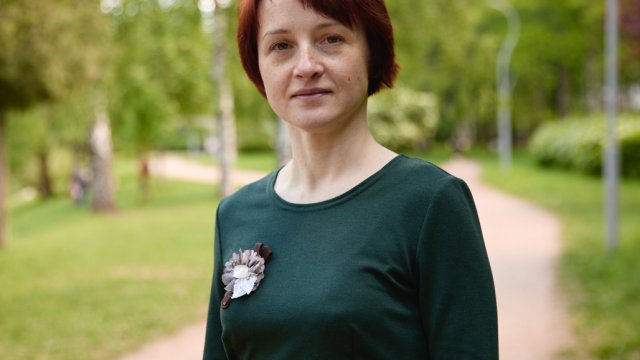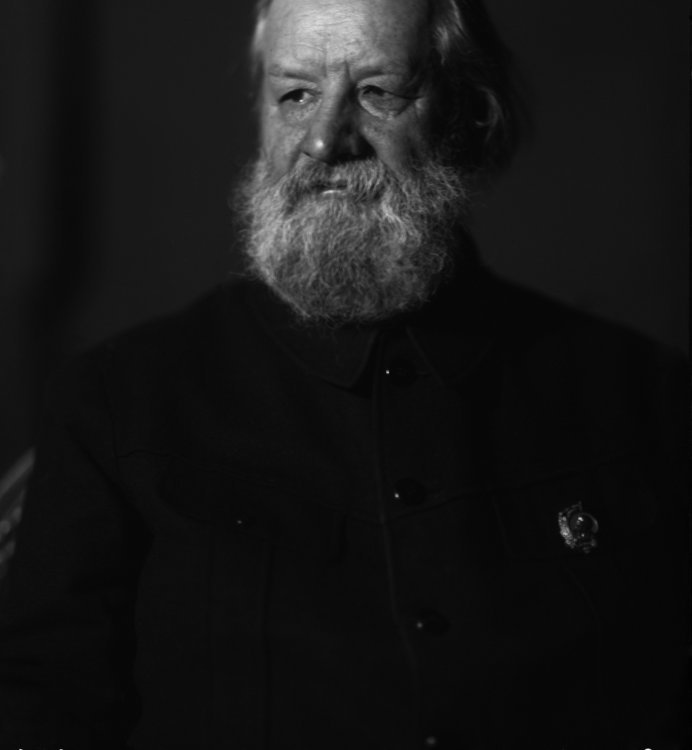
His grandfather, Alexander Alexeyevich Krylov, was wounded in the Battle of Borodino and Capture of Paris and received the golden weapons and orders. His father, Nikolay Alexandrovich Krylov, was an artillery officer and took part in the Crimean War. And Alexey had a military career waiting for him. And the wait was soon over, as the noble scion went to the Naval School and finished it brilliantly.
The future member of the academy of sciences and classic author carried out his first true scientific study at the compass loft of the Hydrographic Office. It was dedicated to magnetic deviations. He would be developing the compass theory all his life. In half a century after his first work, he would receive the first Stalin Prize for it.
Having plunged in science, Krylov felt the need to resume his education and finished classes at the Shipbuilding Department of the Nikolayevskaya Naval Academy. But he never parted with his alma mater and started holding practical classes in mathematics and ship theory. Alexey Nikolayevich taught until his last days and added the fame of the exceptional teacher to the fame of the outstanding scholar. He became a leading scientist before the revolution — his theory of ship motions rose to international fame in the 1890s. Alexey Nikolayevich’s legacy includes 300 books and articles in different subject areas, such as shipbuilding, physics, mathematics, astronomy, geodesy, and artillery. His tables of resistance to flooding became a legend and have been used ever since. Krylov’s consultations about the fleet affairs saved the tsar and his government more money than the cost of the most advanced dreadnought. At least he said so.
A scholar, a teacher... And an extraordinary science writer just like his grandson, Sergey Petrovich Kapitsa. Do you remember the wordings of Newton’s laws? These are simple and easy-to-understand words belong to Krylov because it was Alexey Nikolayevich Krylov who translated Newton’s laws into Russian. Not from English, though. From Latin. The English translation of Newton’s Philosophiæ Naturalis Principia Mathematica appeared after the Russian one.
